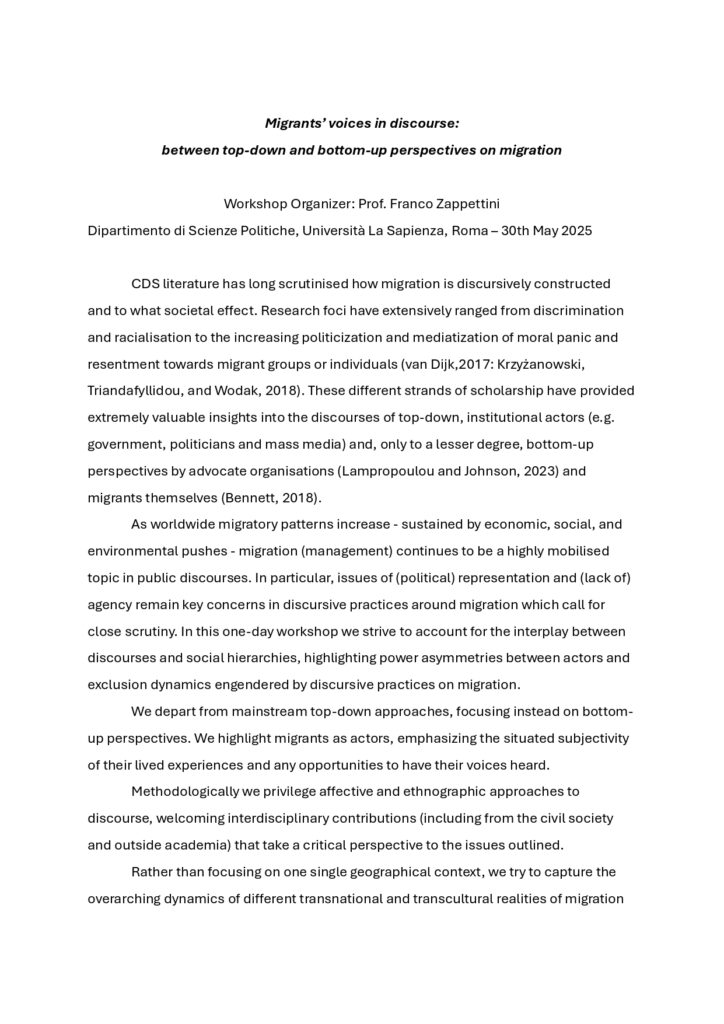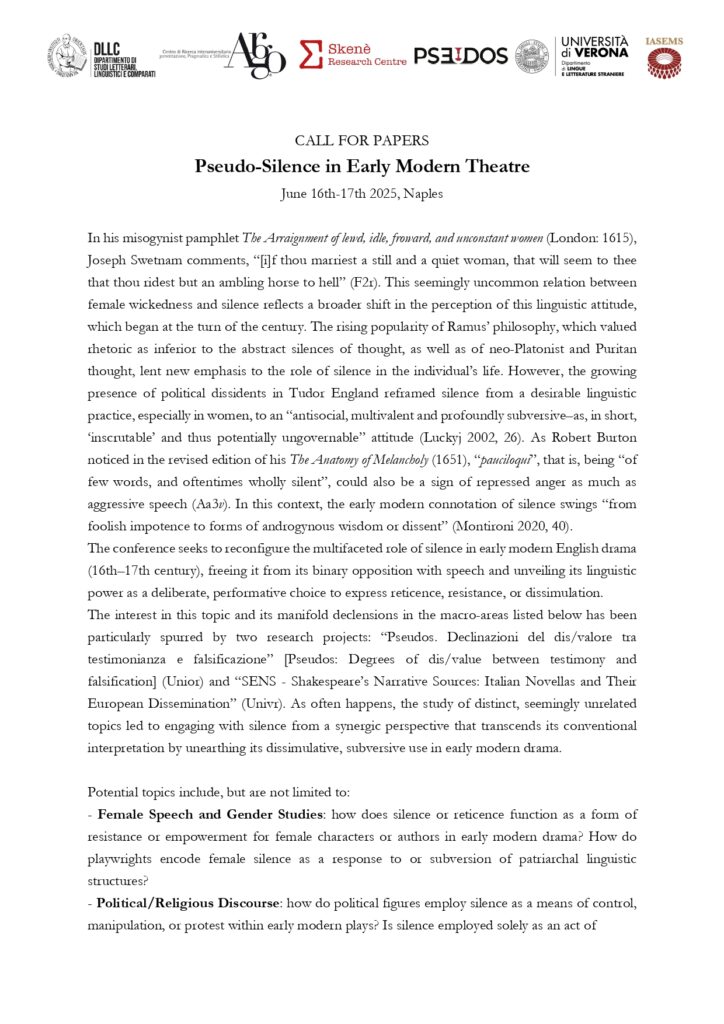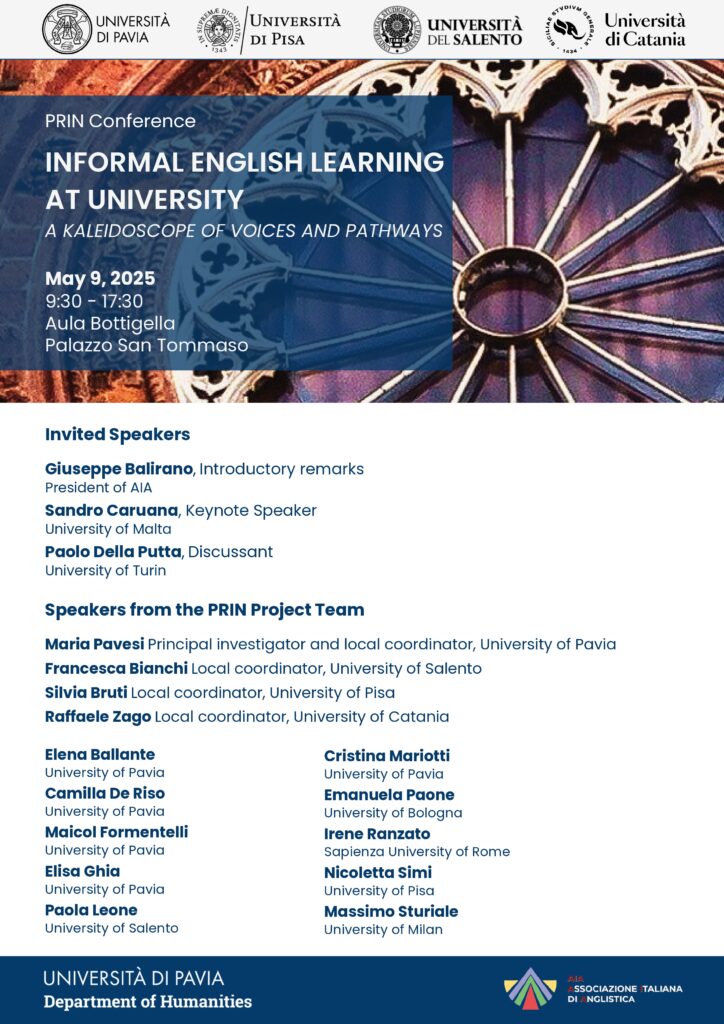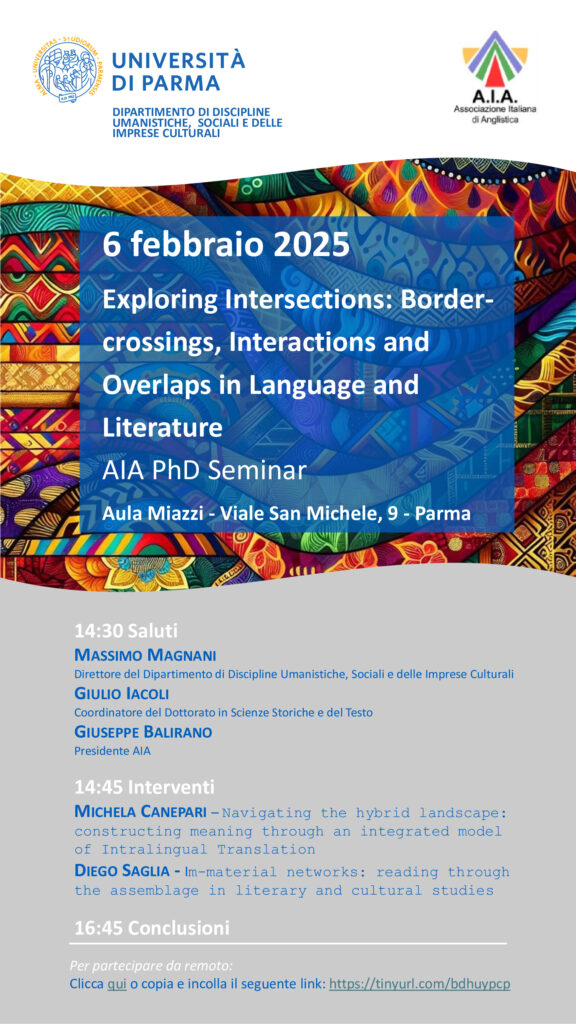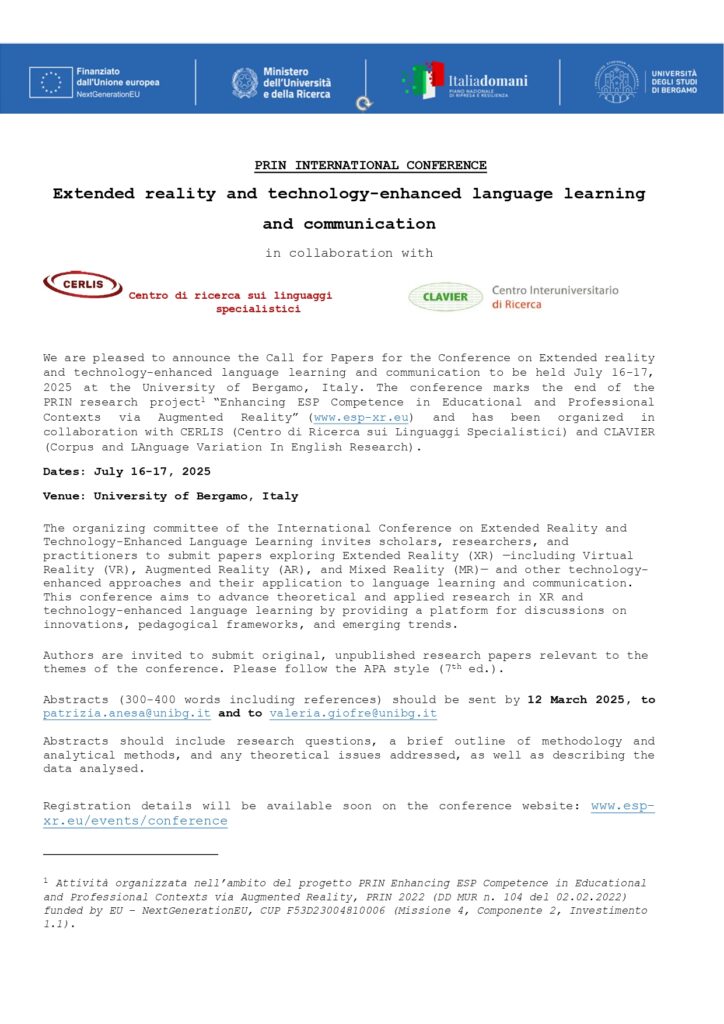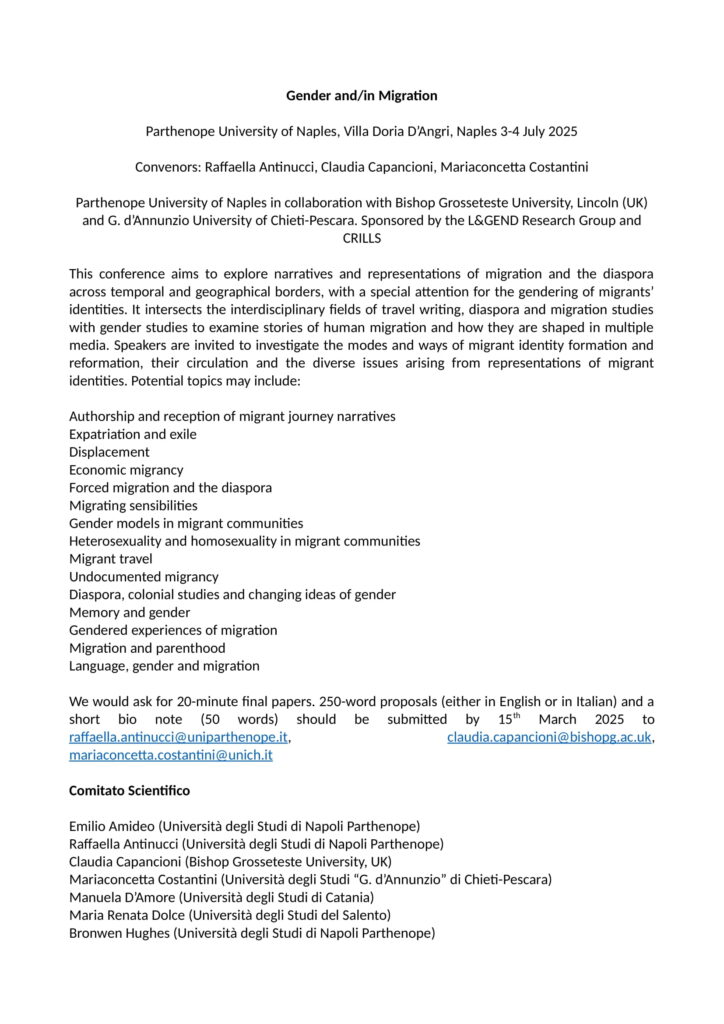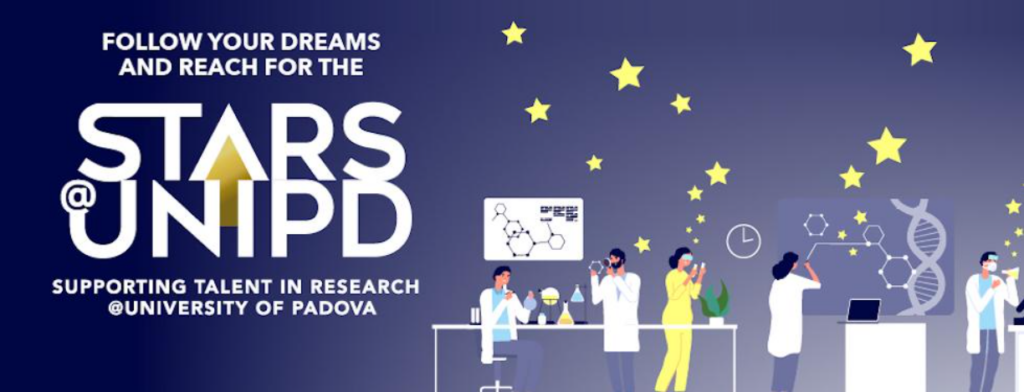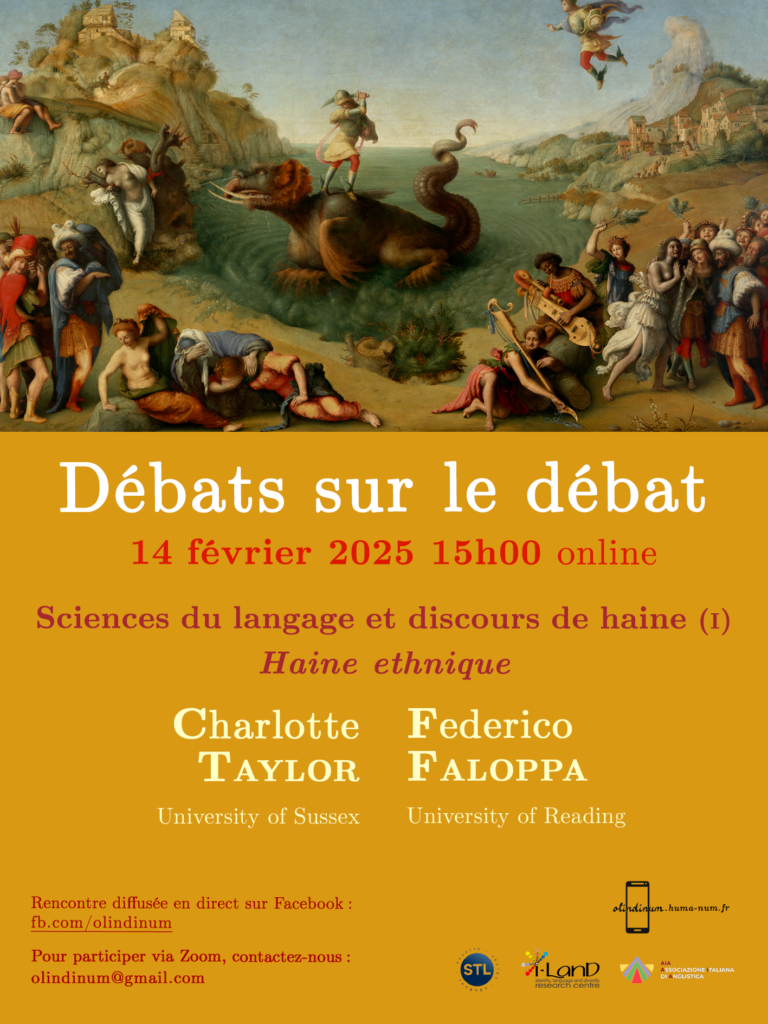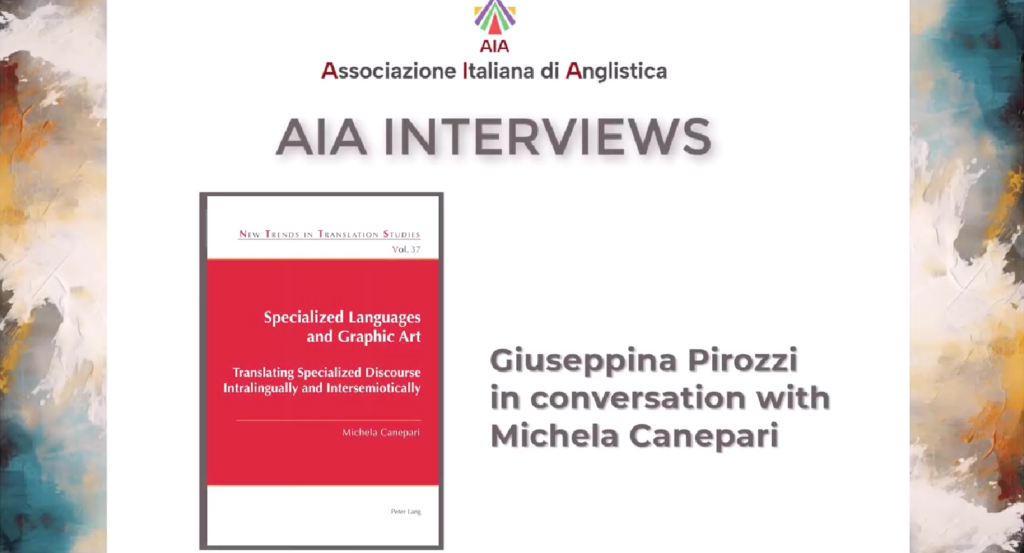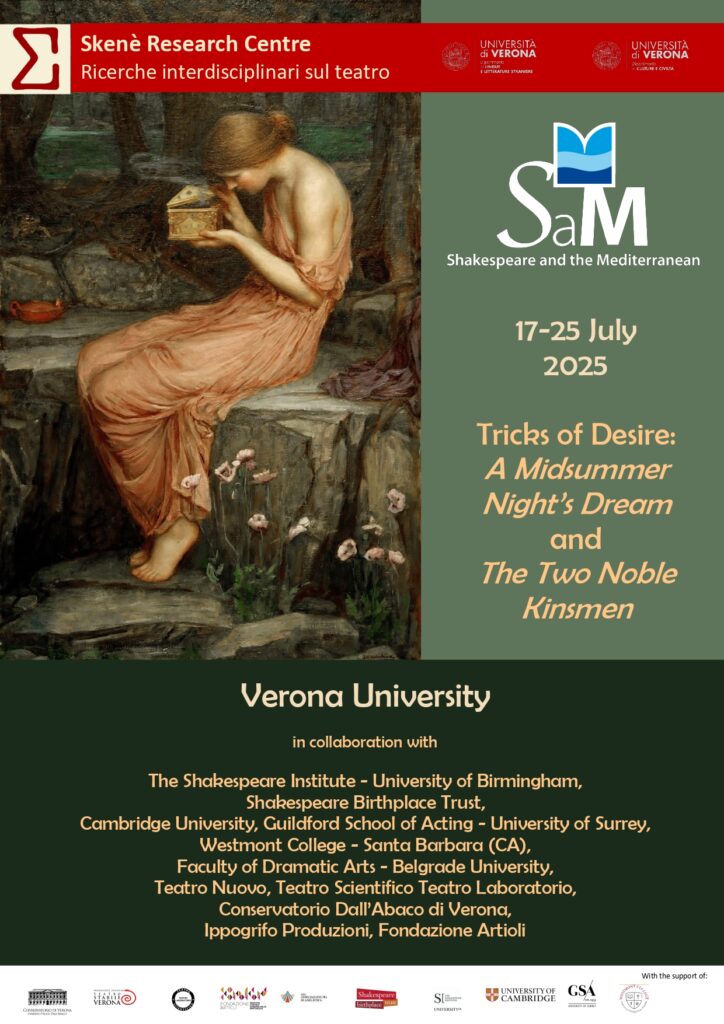June 16th-17th 2025, Naples In his misogynist pamphlet The Arraignment of lewd, idle, froward, and unconstant women (London: 1615), Joseph Swetnam comments, “[i]f thou marriest a still and a quiet woman, that will seem to thee that thou ridest but an ambling horse to hell” (F2r). This seemingly uncommon relation between female wickedness and silence reflects a broader shift in the perception of this linguistic attitude, which began at the turn of the century. The rising popularity of Ramus’ philosophy, which valued rhetoric as inferior to the abstract silences of thought, as well as of neo-Platonist and Puritan thought, lent new emphasis to the role of silence in the individual’s life. However, the growing presence of political dissidents in Tudor England reframed silence from a desirable linguistic practice, especially in women, to an “antisocial, multivalent and profoundly subversive–as, in short, ‘inscrutable’ and thus potentially ungovernable” attitude (Luckyj 2002, 26). As Robert Burton noticed in the revised edition of his The Anatomy of Melancholy (1651), “pauciloqui”, that is, being “of few words, and oftentimes wholly silent”, could also be a sign of repressed anger as much as aggressive speech (Aa3v). In this context, the early modern connotation of silence swings “from foolish impotence to forms of androgynous wisdom or dissent” (Montironi 2020, 40). The conference seeks to reconfigure the multifaceted role of silence in early modern English drama (16th–17th century), freeing it from its binary opposition with speech and unveiling its linguistic power as a deliberate, performative choice to express reticence, resistance, or dissimulation. The interest in this topic and its manifold declensions in the macro-areas listed below has been particularly spurred by two research projects: “Pseudos. Declinazioni del dis/valore tra testimonianza e falsificazione” [Pseudos: Degrees of dis/value between testimony and falsification] (Unior) and “SENS – Shakespeare’s Narrative Sources: Italian Novellas and Their European Dissemination” (Univr). As often happens, the study of distinct, seemingly unrelated topics led to engaging with silence from a synergic perspective that transcends its conventional interpretation by unearthing its dissimulative, subversive use in early modern drama. Potential topics include, but are not limited to: – Female Speech and Gender Studies: how does silence or reticence function as a form of resistance or empowerment for female characters or authors in early modern drama? How do playwrights encode female silence as a response to or subversion of patriarchal linguistic structures? – Political/Religious Discourse: how do political figures employ silence as a means of control, manipulation, or protest within early modern plays? Is silence employed solely as an act of devotion and spiritual contemplation, or does it also constitute a form of resistance against religious persecution or dogma? – Linguistic Perspectives: how do early modern playwrights manipulate language to create moments of verbal absence that carry significant meaning? What linguistic patterns and practices highlight the pragmatic, stylistic, rhetorical and communicative functions of silence? How do certain linguistic behaviours, such as reticence or the silencing of others, contribute to characterisation? – Digital Humanities: how do digital archives, databases, or editorial choices in digital projects repair or reveal “silences” in early modern plays? How might new digital tools or methodologies reintroduce or expose previously overlooked silences? – Censorship and Editorial Silence: how do editorial practices, both historical and contemporary, “silence” texts (through non-publication or restricted circulation in manuscript form) or, indeed, how may editorial intervention give voice to previously overlooked textual silences? How may such editorial choices reflect broader social, political, or religious concerns (e.g. avoidance of censorship)? – Adaptations and Translations: what is lost or transformed in the process of translation or adaptation of an early modern play? How are the elements of the sources and resources of a play silenced by the playwright? How does the absence of certain elements reshape the original? – Performance History: how has silence been performed or reinterpreted on stage? What role does physical silence (such as pauses, gestures, or non-verbal cues) play in performance, and how does it contribute to the meaning of the play? Plenaries: – Jon R. Snyder (Research Professor Emeritus, Comparative Literature, UC Santa Barbara, USA); – Maria Elisa Montironi (Associate Professor, English Literature, Università degli Studi di Urbino, IT). Submission Guidelines: Please submit a 300-word abstract along with a brief bio by 20/03/2025. Selected papers will be published in an edited collection in 2026. Submissions and inquiries should be sent to abeville@unior.it and beatrice.righetti@univr.it. We look forward to your contributions to this exciting conversation on the performative power of pseudo-silence in Early Modern theatre. Select References: Aebischer, Pascale. ‘Silence, Rape and Politics in “Measure for Measure”: Close Readings in Theatre History’. Shakespeare Bulletin 26, no. 4 (2008): 1–23. Beville, Aoife. ‘Strategies of Silence in All’s Well That Ends Well and Measure for Measure’. In Taboo Language and (Im)Politeness in Early Modern English Drama, edited by Fabio Ciambella, 79–102. UniorPress. 2024. Bigliazzi, Silvia. ‘Linguistic Taboos and the “Unscene” of Fear in “Macbeth”’. Comparative Drama 52, no. 1/2 (2018): 55–84. Continisio, Tommaso, and Bianca Del Villano, eds. Queens on Stage: Female Sovereignty, Power and Sexuality in Early Modern English Theatre. I edition. Scritture d’Oltremanica 17. Canterano (RM): Aracne editrice, 2018. Coussement-Boillot, Laetitia, and Christine Sukič, eds. ‘Silent Rhetoric’, ‘Dumb Eloquence’: The Rhetoric of Silence in Early Modern English Literature. Paris: Université Paris Diderot, 2007. Culpeper, Jonathan. Language and Characterisation: People in Plays and Other Texts., New York: Routledge, 2001. Hadfield, Andrew. ‘Literature and the Culture of Lying Before the Enlightenment’. Studia Neophilologica 85, no. 2 (2013): 133–47. https://doi.org/10.1080/00393274.2013.850952. Jaworski, Adam. Silence: Interdisciplinary Perspectives. Berlin/Boston, GERMANY: De Gruyter, Inc., 1997. http://ebookcentral.proquest.com/lib/uniorit-ebooks/detail.action?docID=935552. Kalpin Smith, Kathleen. 2013. “Women’s Speech in the Age of Shakespeare”. Literature Compass 10(3):260–8. Kamaralli, Anna. 2012. Shakespeare and the Shrew, Performing the Defiant Female Voice. Basingstoke: Palgrave Macmillan. Luckyj, Christina. ‘A Moving Rhetoricke’: Gender and Silence in Early Modern England. Manchester: Manchester University Press, 2002. ———. ‘“A Moving Rhetoricke”: Women’s Silences and Renaissance Texts’. Renaissance Drama 24 (January 1993): 33–56. https://doi.org/10.1086/rd.24.41917294. McGuire, Philip C. Speechless Dialect: Shakespeare’s Open Silences. Berkeley: University of California Press, 1985. Mendelson, Sara, and Patricia Crawford.

